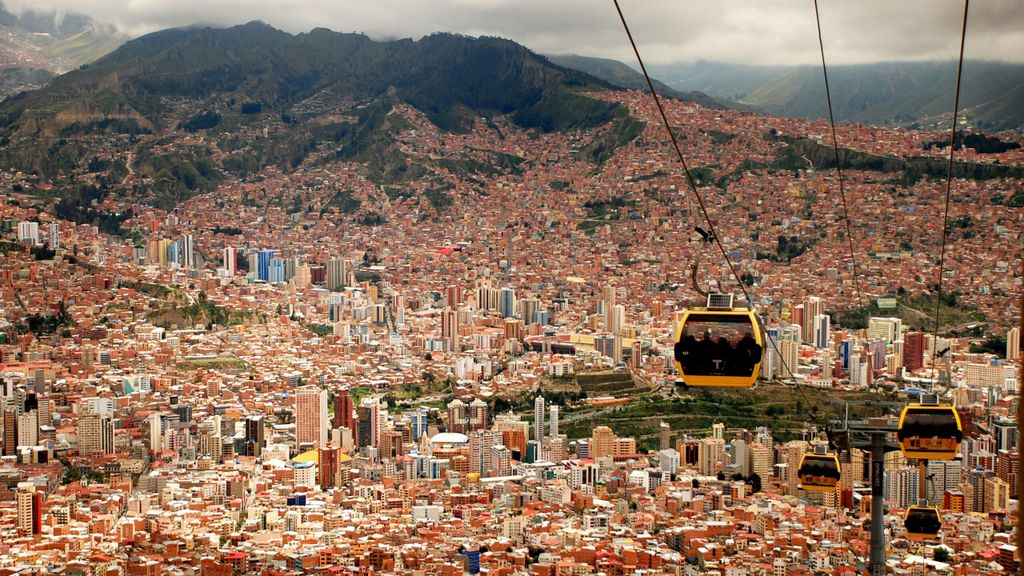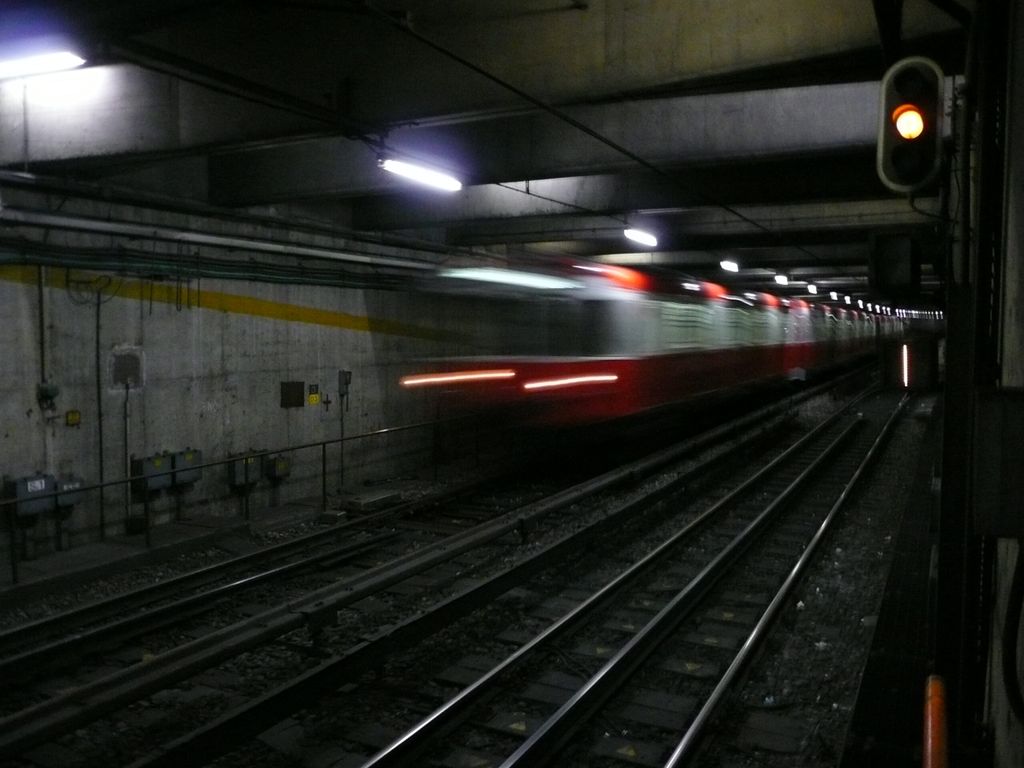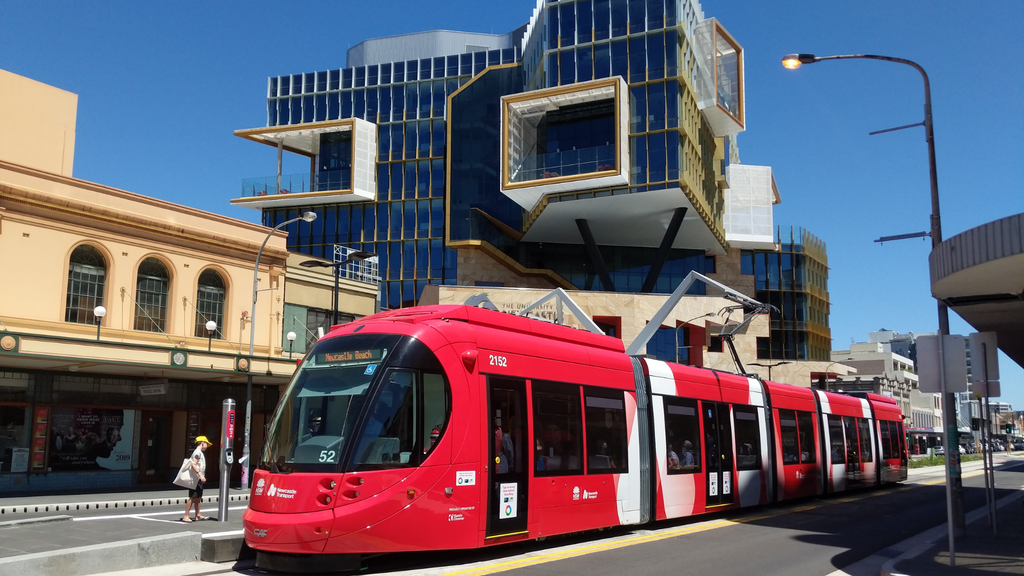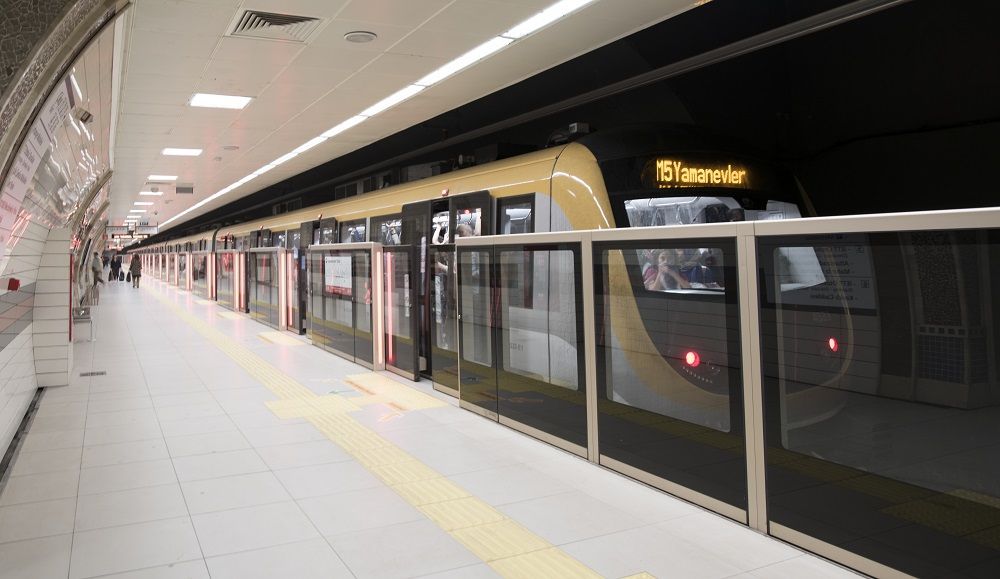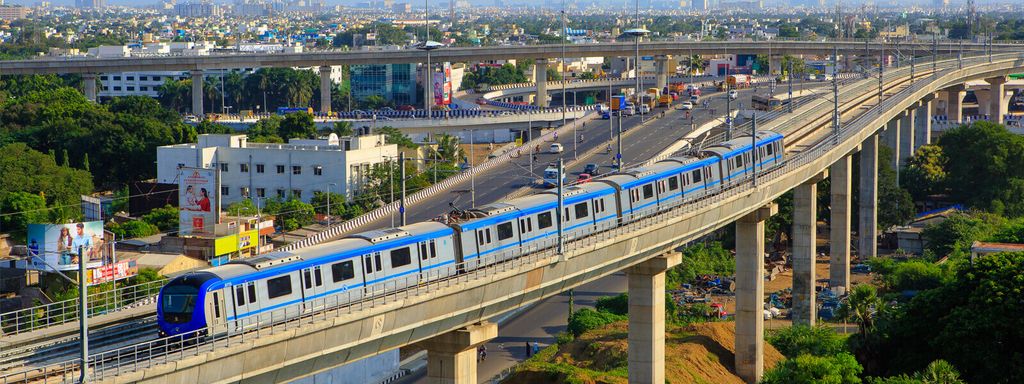
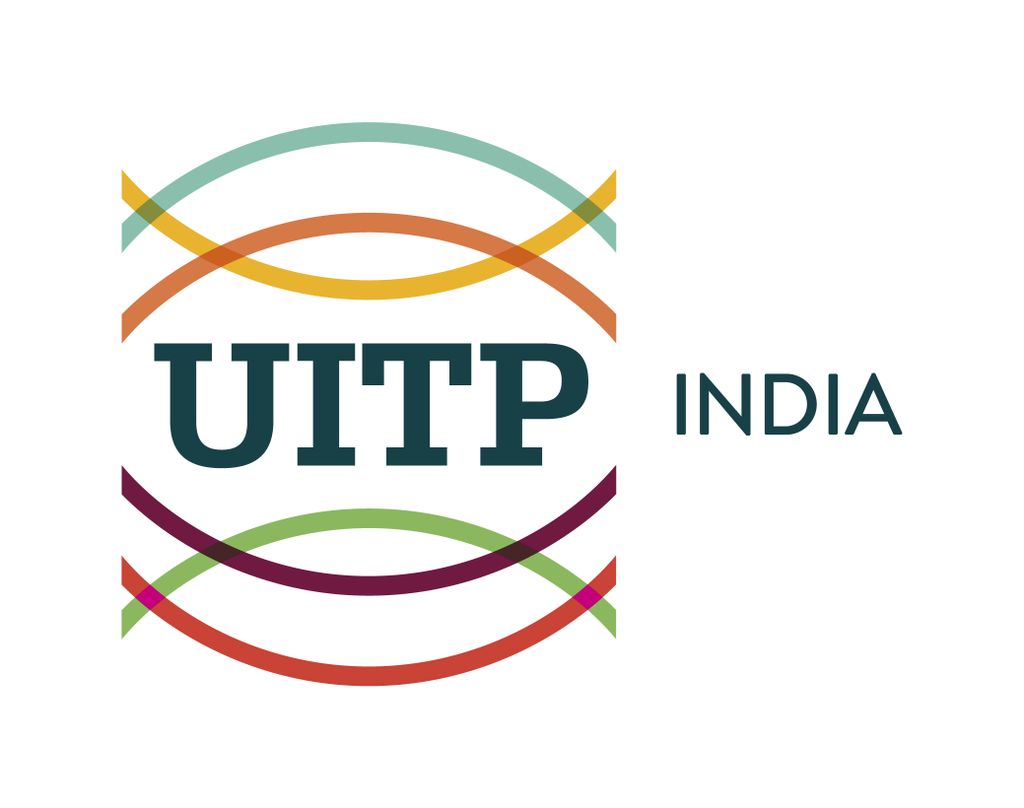
Promoting the energy transition and climate action in public transport: A focus on India's 2022 budget
India may be dominated by road traffic…
Public transport is one of the most overlooked sectors in India. India doesn’t have a dedicated National Ministry that looks after public transport. India doesn’t have a public transport department at a state level and also doesn’t have city-level authorities dedicated to public transport. What India’s transport sector has found is in absence of any institutional structure is often inadequacy and chaos.
India has always focused on the automotive sector. This sector is close to 50% of the GDP contribution of the manufacturing sector. And with calls to raise the automotive sector GDP from 7% to 12%, this indicates further emphasis on boosting ownership of personal vehicles in India.
…But will the 2022 budget turn things around?
Despite this, India’s 2022 budget is surprisingly one small step towards the giant dream of efficient public transport in India.
India is in its 75th year of Independence and is looking forward to the 25-year lead up to the India@100, the 100th year of independence, by achieving certain goals; two of which are promoting the energy transition and climate action. While programmes come and go every year, what’s unique is how the budget has mentioned capacity building for infrastructure projects through capacity-building commission for central ministries, state governments and their infra-agencies for planning design, financing and implementation management.
The National Bank for Financing Infrastructure and Development has commenced its activities and will soon start lending to about 200 big infrastructure projects. Gati Shakti Master Plan aimed at economic growth, seamless multimodal connectivity and sustainable development is driven by seven engines, with one of the focuses being mass public transport powered by clean energy.
Another key detail in this budget has been the recognition that by India@100, nearly half of the population will be living in urban areas and hence orderly urban development is of critical importance to realise the country’s economic potential. This would require reimagining our cities into centres of sustainable living with opportunities for all, including women and youth. For this to happen, urban planning cannot continue with a business-as-usual approach. A high-level committee of reputed urban planners, urban economists and institutions has been proposed to make recommendations on urban sector policies, capacity building, planning, implementation and governance. For urban capacity building, support will be provided to the states for the modernisation of building bylaws, Town Planning Schemes (TPS), and Transit Oriented Development (TOD).
By India@100, nearly half of the population will be living in urban areas and hence orderly urban development is of critical importance to realise the country’s economic potential. This would require reimagining our cities into centres of sustainable living with opportunities for all, including women and youth.
Clean and sustainable mobility has managed to get a section within the budget and reads as “We will promote a shift to use public transport in urban areas”. The India Budget 2022 mentions emphasis on mass urban transport systems including connectivity to railways being encouraged through innovative financing and faster implementation of metro systems. It also proposes innovative ways of financing and faster implementation will be encouraged for building metro systems of appropriate type at scale. Multimodal connectivity between mass urban transport and railway stations will be facilitated on priority. Design of metro systems, including civil structures, will be re-oriented and standardised for Indian conditions and needs.
There has been an allocation of a sum of Rs 23,875 crore ($3.2bn) for mass rapid transport systems and metro projects. For all metro projects in the country, Budget 2022 has allocated an equity investment of Rs 3,702 crore ($497m), a subordinate debt of Rs 1,272 crore ($365m), pass through assistance of Rs 14,156 crore ($1.86bn)- comprising the total budget for metro projects at Rs 19,130 crore ($2.56 bn).
Indian metros went through a series of challenges since the COVID-19 lockdown of 2020. They have still not been able to recover to the pre-COVID situation due to the multiple waves of pandemics that have hit India. This however has not deterred the Indian metros from innovating and adapting.
Join us at the UITP India Rail Seminar
UITP India, supported by Delhi Metro Rail Corporation, is organising its annual flagship event ‘UITP India Urban Rail Seminar 2022’ from 9-10 March 2022. The online seminar will witness key national and international speakers share their knowledge and experiences on various topics such as the impact of COVID-19 on the urban rail sector and financial concerns, technological innovations, funding and financial innovation, and digitalisation of operation and maintenance in urban rail…





